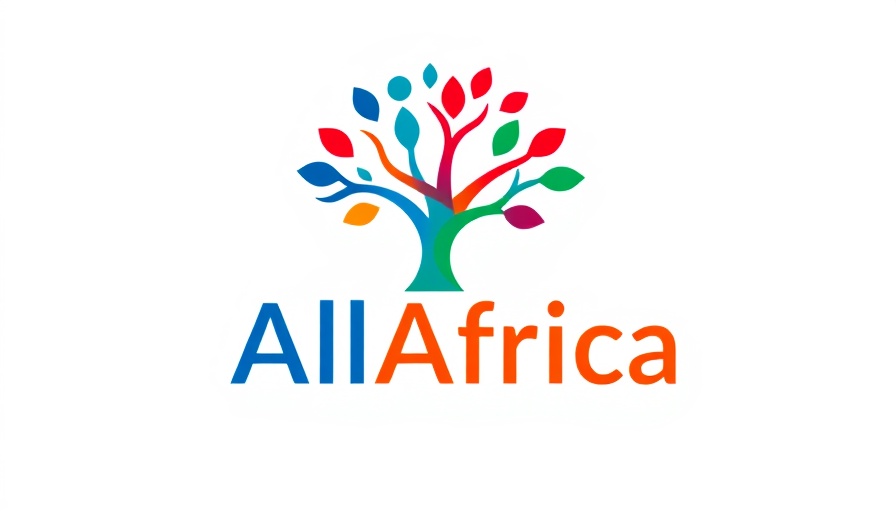
The Turmoil in East Africa: Responding to Political Repression
The recent deportation of Kenyan lawyer Martha Karua from Tanzania underscores a troubling trend in East Africa where political repression is gaining momentum. Deported ostensibly to prevent her from attending an opposition leader’s court hearing, this act mirrors the region's shift towards increasingly autocratic governance under leaders like Samia Suluhu Hassan. With opposition leaders like Tundu Lissu facing serious treason charges, the implications for democracy in Tanzania are stark and raise considerable concerns for observers within the African political landscape.
A Grave Threat to Democracy: The Situation in Tanzania
Tanzania is not alone. As civil liberties continue to erode under President Hassan’s administration, rights organizations are sounding alarms over shrinking spaces for democratic discourse. This shift is not simply an isolated event; it reflects broader geopolitical dynamics playing out across the African continent, with countries like Uganda and Zimbabwe experiencing similar patterns of governance suppression. The collective response from the African Union and regional blocs will be critical to correcting this concerning course.
Somalia’s Battle Against Extremism: The Deadly Toll of Al Shabaab
Meanwhile, violence in Somalia highlights another pressing issue impacting stability in East Africa. A recent suicide bombing claimed by al Shabaab at a military base in Mogadishu led to significant casualties among young recruits. Such attacks serve as grim reminders that the specter of terrorism remains a critical challenge for national security and regional stability. International partners and local governments must recalibrate their strategies to combat extremist influences in the region.
Health Crisis: The Overlooked Dangers of War in Sudan
The ongoing war in Sudan continues to spiral, revealing catastrophic consequences for public health. With skyrocketing maternal mortality rates following the conflict, the United Nations and health organizations are now grappling with how to provide care amidst this humanitarian catastrophe. The dramatic increase in maternal deaths is not just a statistic but indicates a failure of governance in delivering basic health services. As 1.1 million pregnant women in Sudan lack access to essential healthcare, the advocacy for international support becomes crucial in addressing this crisis.
Urgent Public Health Response Needed: Ghana’s Mpox Cases
In contrast, Ghana’s recent confirmation of mpox cases signals the need for vigilance and public health preparedness across Africa. As nations grapple with vaccine distribution and preventive measures, Ghana’s swift response includes heightened surveillance and contact tracing, setting an example for its neighbors. The global health community should remain alert, particularly with the rise of cases previously seen in the Democratic Republic of the Congo.
A Call to Action for Policymakers and Investors
The ongoing challenges across East Africa present both a daunting reality and an opportunity for international engagement. Policymakers, investors, and global stakeholders must collaborate to stabilize these turbulent regions, promoting democratic integrity while addressing humanitarian needs. The collective response to these challenges will ultimately define Africa’s future role on the global stage.
 Add Row
Add Row  Add
Add 


Write A Comment